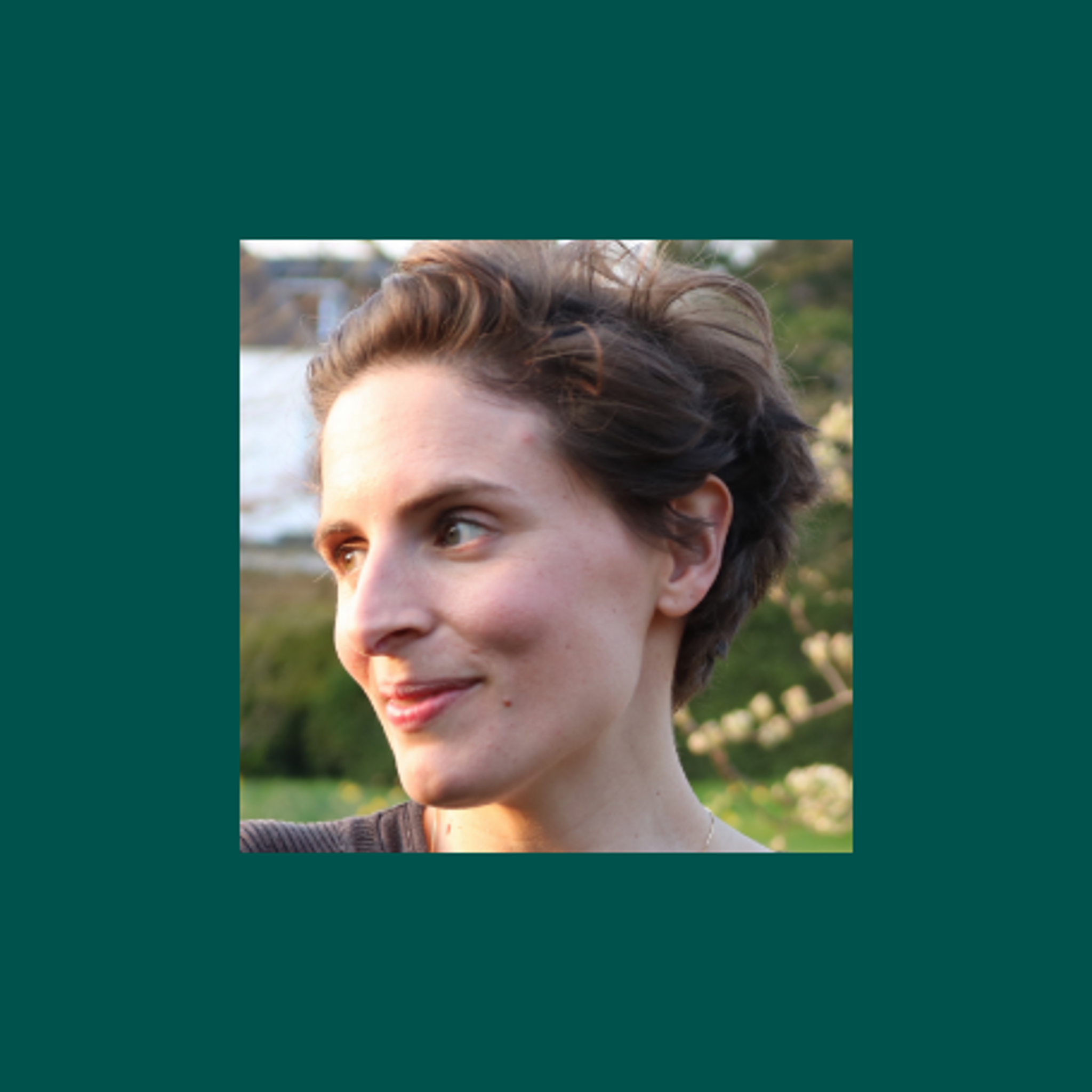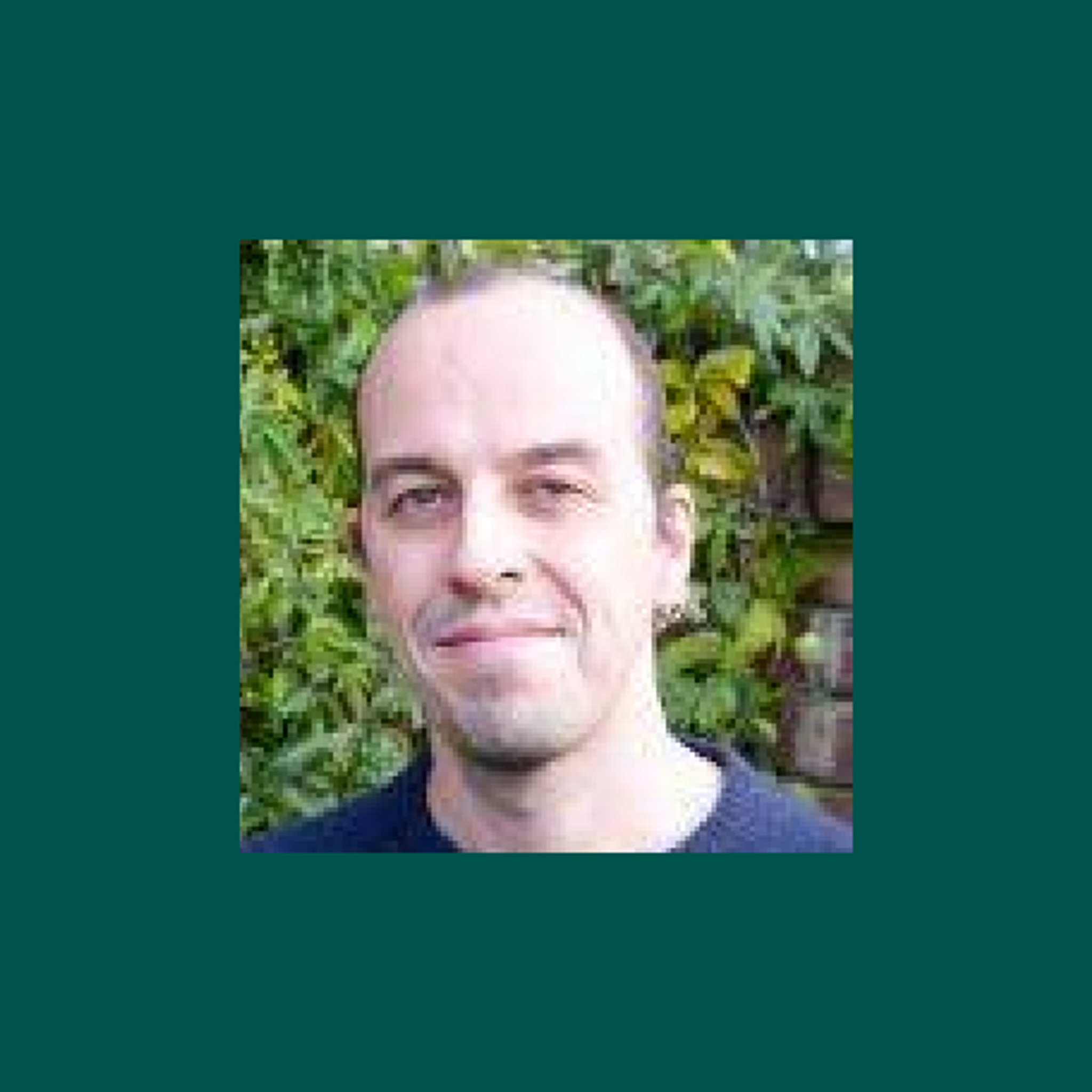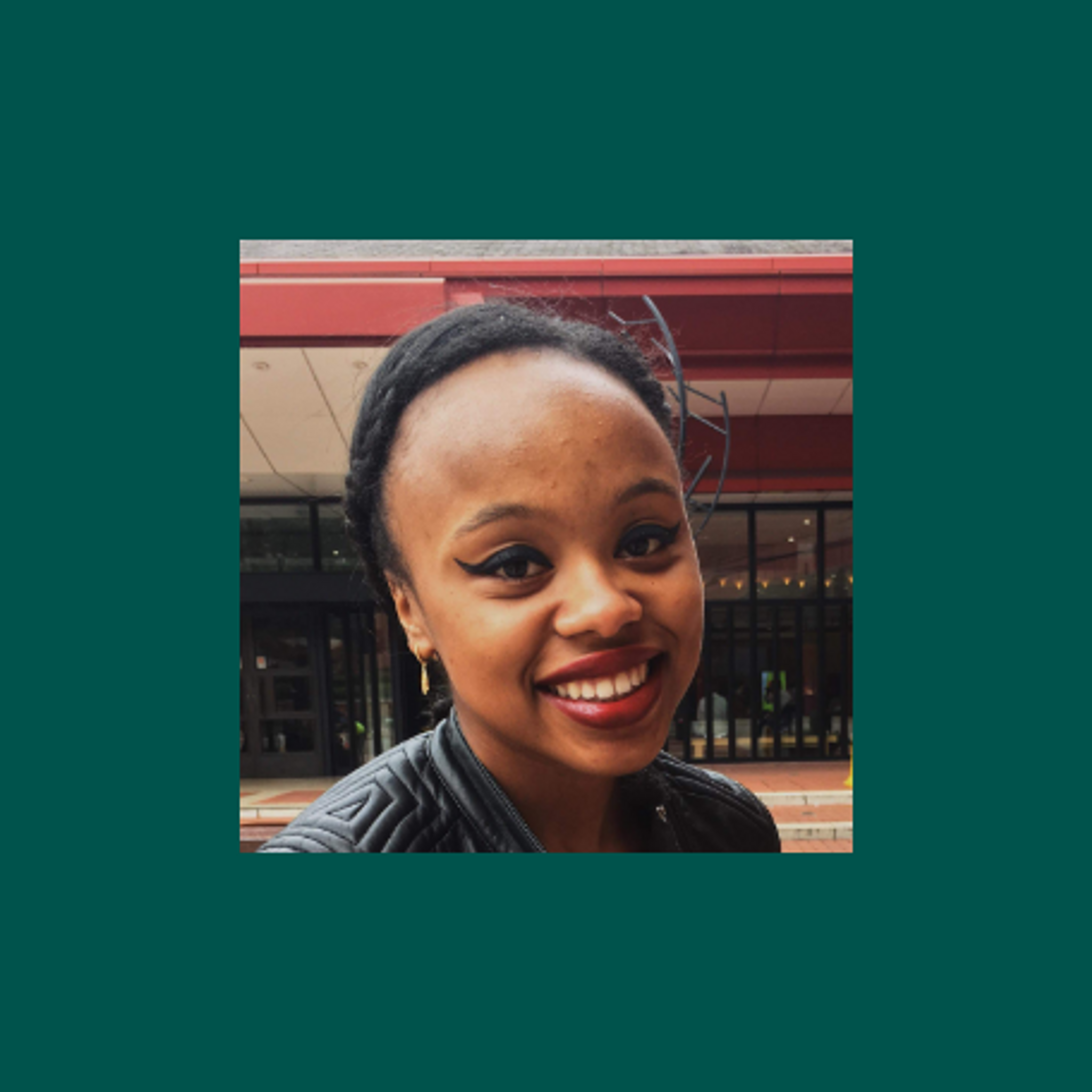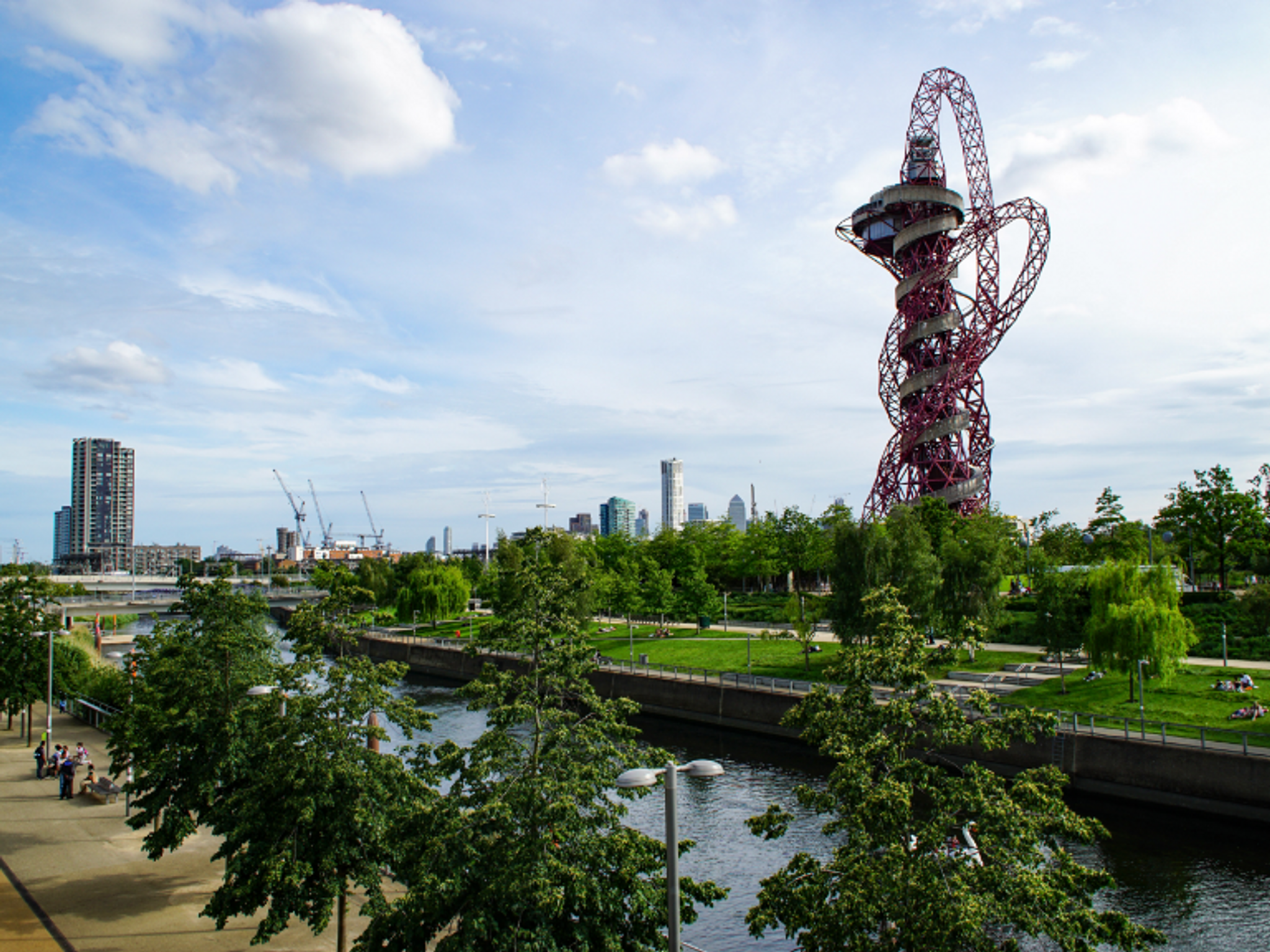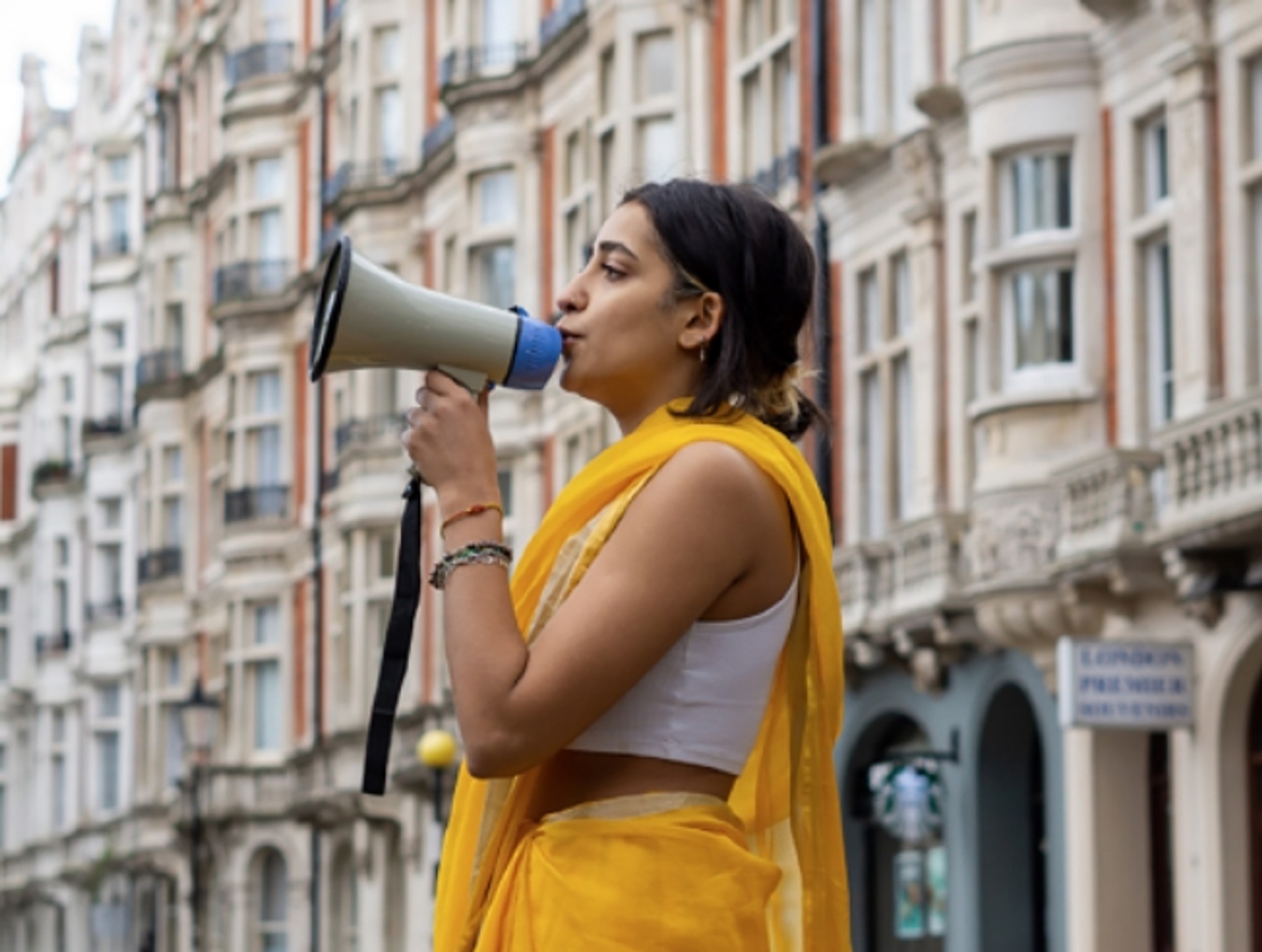Mapping the impact of women on London
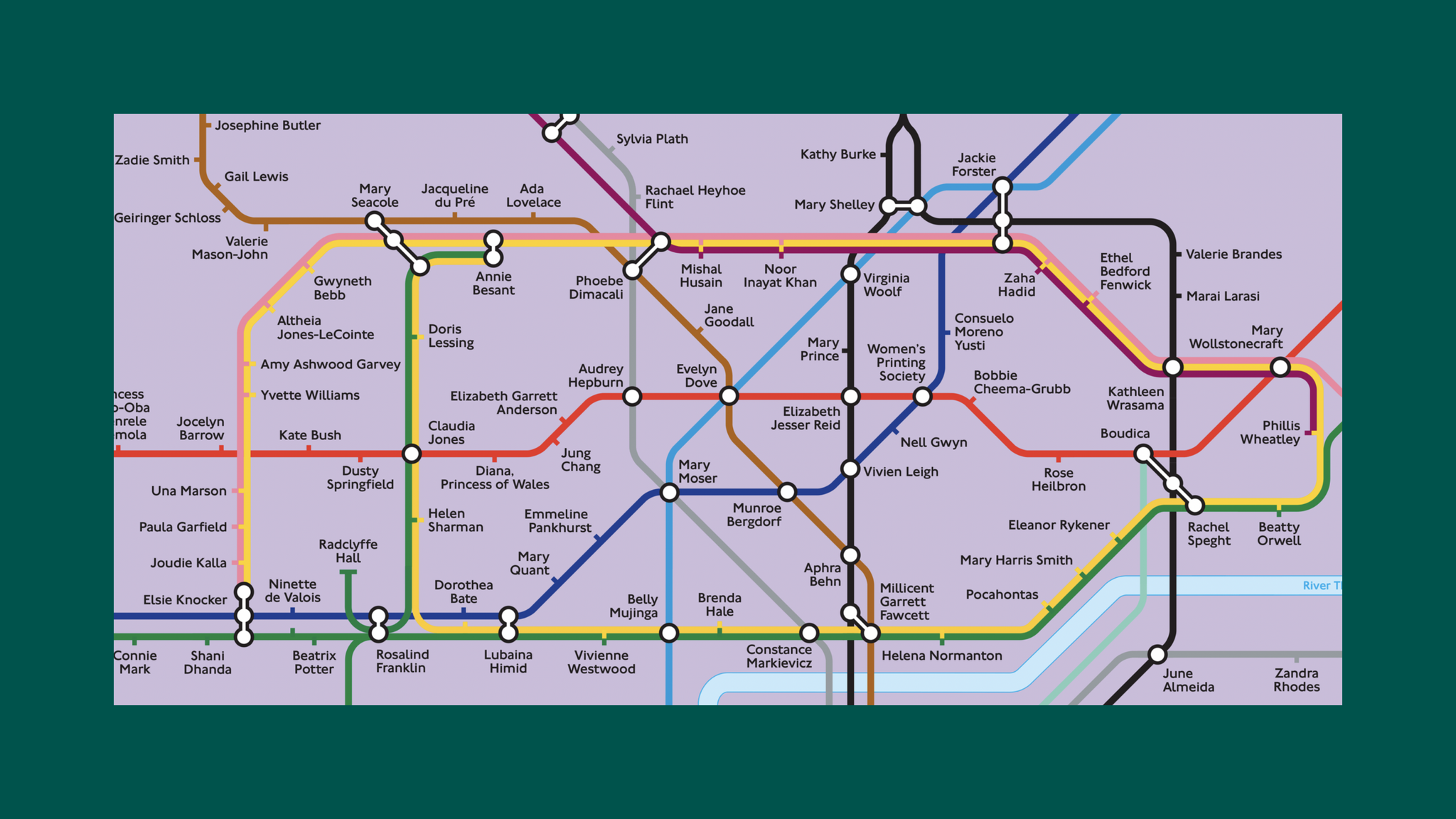
A section of the City of Women map, created by Reni Eddo- Lodge, Rebecca Solnit, and Emma Watson in partnership with Transport for London. © Haymarket
In 2016, author Rebecca Solnit and geographer Joshua Jelly-Schapiro released a reworked map of the New York City subway in which the names of stops were replaced with names of women who had made their mark on the city. Writing in an accompanying essay, Solnit reflected on the intersections between social inequalities and representation in urban spaces:
“I can’t imagine how I might have conceived of myself and my possibilities if, in my formative years, I had moved through a city where most things were named after women and many or most of the monuments were of powerful, successful, honoured women. Of course, these sites commemorate only those who were allowed to hold power and live in public; most American cities are, by their nomenclature, mostly white as well as mostly male. Still, you can imagine.”
The map struck a nerve. By 2020, Solnit was working on a London version with actor and activist Emma Watson and author Reni Eddo-Lodge, both Londoners. On 8 March 2022 – International Women’s Day – the City of Women London map was launched in print and digital form, in partnership with Haymarket Books, Transport for London, UCL and the WOW Foundation. The project reimagines the iconic London Tube map through renaming each of the stops after a significant woman, non-binary person or woman-led group – as selected by Eddo-Lodge, Watson and Solnit.
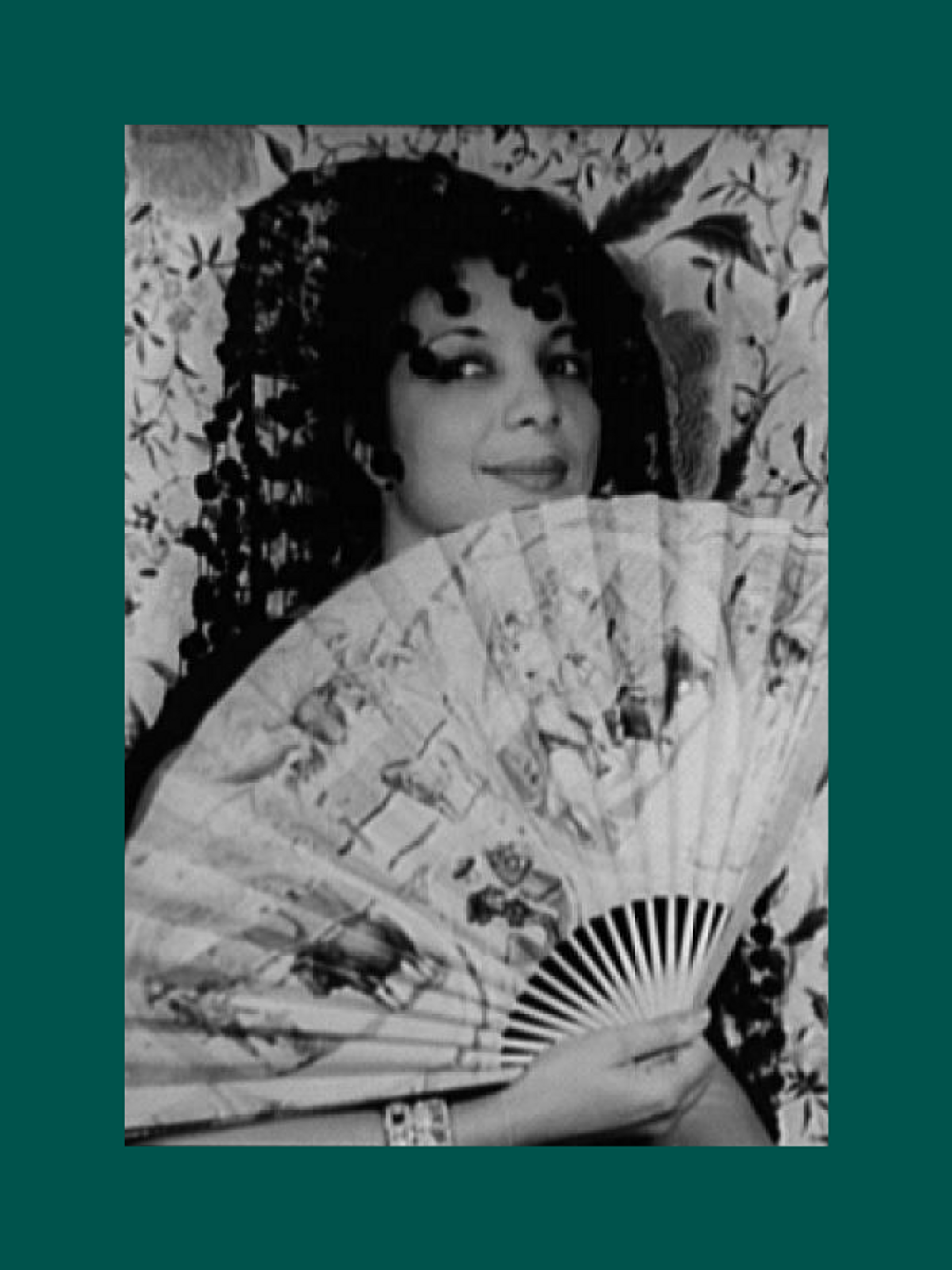
Portrait of Evelyn Dove (featured on City of Women London map), 1935, by Carl van Vechten
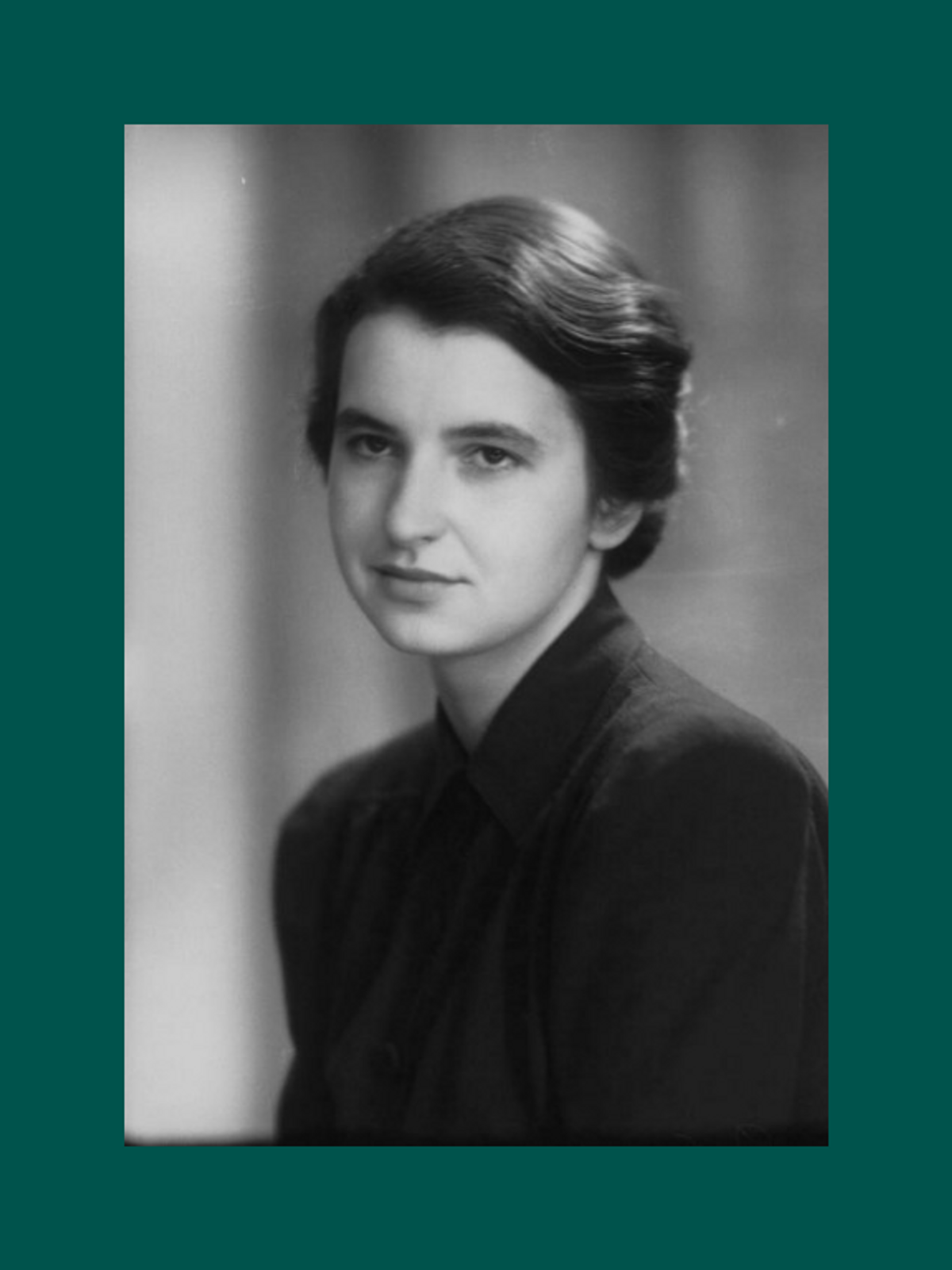
Rosalind Franklin (featured on City of Women London map) by Elliott & Fry, 11 June 1946. Courtesy of the National Portrait Gallery
Memory Mapper, an open-source toolkit developed by researchers at The Bartlett Centre for Advanced Spatial Analysis, was used to deliver the interactive, digital version – cityofwomenlondon.org – which enables the public to explore the lives and stories of the women and non-binary people who have made a lasting impact on London. The interactive map is a living resource. The site presents original biographies written by the project team alongside images and embedded audio-visual materials, where available.
The City of Women project emerged to challenge the erasure of intersectional feminist histories through the overwhelmingly male landed gentry and aristocrats commemorated in the names that punctuate our commutes. This is an issue that has been at the forefront of activism in the UK in recent years, for instance with the toppling of Edward Colston’s statue in Bristol during the Black Lives Matter protests in the summer of 2020.
The London map centres the city's past and present trailblazers, icons and unsung heroes, including suffragettes Rosa May Billinghurst and Sophia Duleep Singh; ethologist Dr Jane Goodall; sportswomen Alex Scott, Anne Wafula Strike and Maud Watson; writers Radclyffe Hall, Aphra Behn and Malorie Blackman; artists and photographers Sutapa Biswas, Kim Lim and Dorothy Bohm; figures from fashion such as Naomi Campbell and Zandra Rhodes; musicians and singers Vera Lynn, Evelyn Dove, Sade and Dua Lipa; lawyers Gwyneth Bebb, Minoo Jalali, and Amal Clooney; educationalists Elizabeth Jesser Reid and Bushra Nasir; figures from healthcare such as Elizabeth Anionwu and Elizabeth Garrett Anderson; scientists, innovators and astronomers such as Rosalind Franklin, Ada Lovelace, Fiammetta Wilson, and many more.
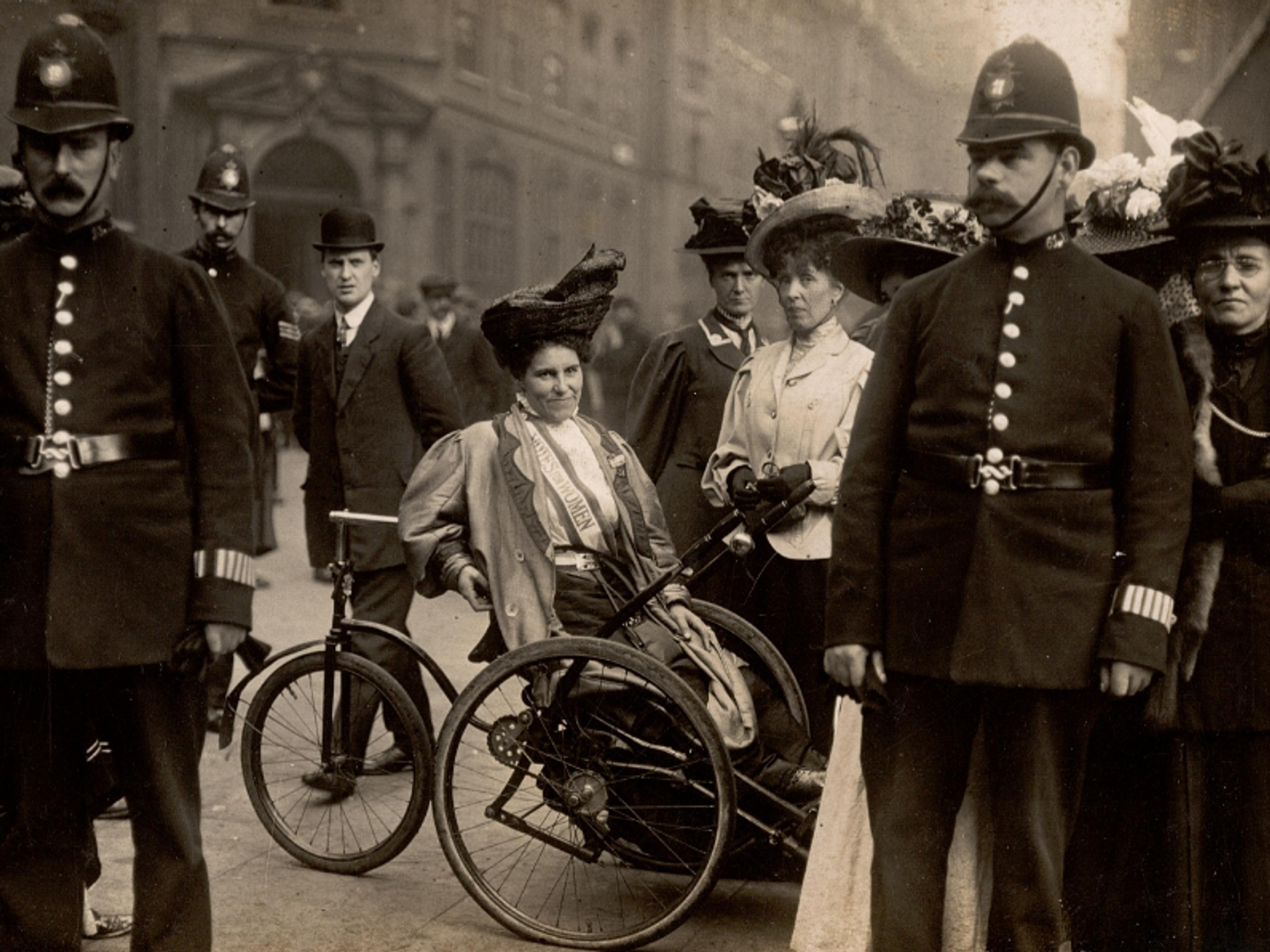
Suffragette and women’s rights activist Rosa May Billinghurst (featured on City of Women London map) in 1908
The map centres the city's past and present trailblazers, icons and unsung heroes
As an extension to the project, the UCL team collaborated with the Mulberry School for Girls in east London to produce a series of audio interviews with some of the inspirational figures featured on the map. Over six weeks, in June and July 2022, 30 students from across the school participated in workshops on narrative mapping techniques, historical research methods, and a special session on interview skills led by journalist and project lead, Eddo-Lodge. Participants were paired with inspirational activists, scientists, lawyers, academics and writers, and were supported by the team to research and prepare questions for their interviews. The resulting intergenerational conversations reflect the ambition of the City of Women London project to inspire the next generation of Londoners.
“Our students have absolutely loved this opportunity to learn, observe and interview inspirational women, to have the chance to talk to women that have impacted their city, and have stood up in their fields to make a positive change. This has been a valuable experience for them all, and will shape them to become great leaders themselves.” - Teacher, Mulberry School for Girls
“How brilliant that you all put this together as counter-history available for anyone to follow in the trails and lift out, add to, live in relation to as the trails of fugitive resistance expand and deepen.” - Gail Lewis, writer, psychotherapist, academic and activist (featured on City of Women London map)
The interviews follow. Transcripts of these audio files are available on The Bartlett website.
Nurse and activist, Elizabeth Anionwu shared her experience of pioneering sickle-cell treatment in the UK
Civil rights activist and political campaigner, Christine Burns discussed trans allyship and the importance of media representation
Phoebe Dimacali is Chair of the Filipino Domestic Workers Association UK, and discussed the campaign to free Filipino domestic workers from abuse
Mei Sim Lai, the first East Asian woman to hold the office of Master of Livery Company, shared her memories of growing up in Malaysia
Writer, psychotherapist, academic and activist, Gail Lewis discussed her psychotherapeutic practice and what it meant for her to be called as an expert witness during the Stephen Lawrence trial
Author and public speaker, Valerie Mason-John spoke passionately about mindfulness and their experience with gender barriers [content warning]
Activist, cleaner and founder of J4W, Consuelo Moreno Yusti shared her experiences of successfully campaigning to in-house workers at SOAS
Science journalist and author, Angela Saini, discussed her new book Patriarch and memories of her childhood in East London
Lani Parker from Sisters of Frida, an experimental collective of disabled women, spoke with students about how to become a better ally to disabled people
Find out more at City of Women London
